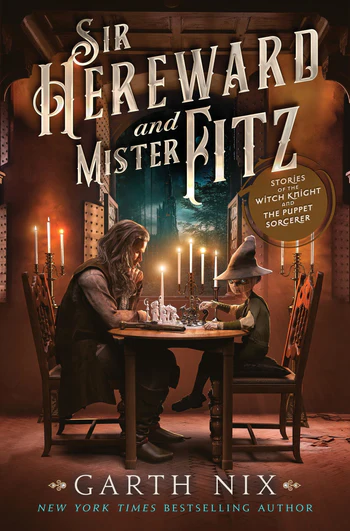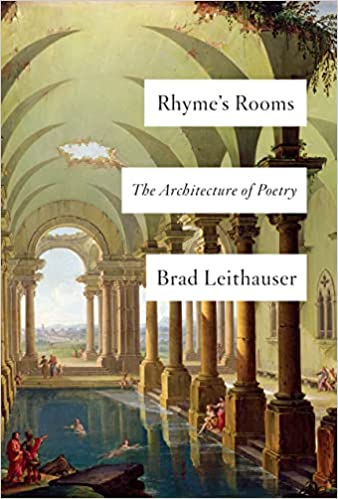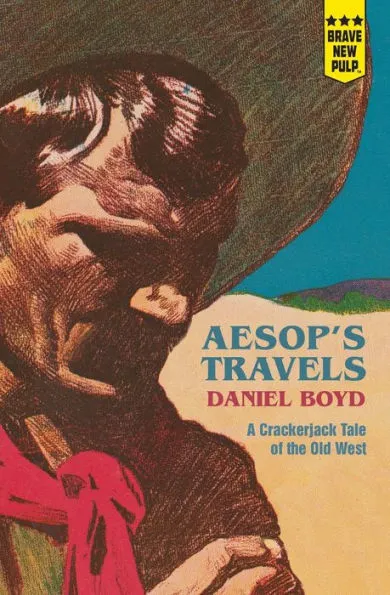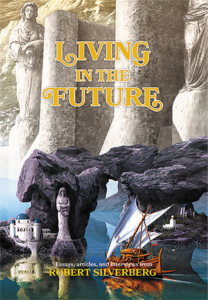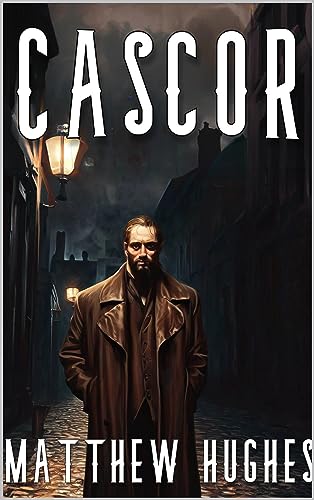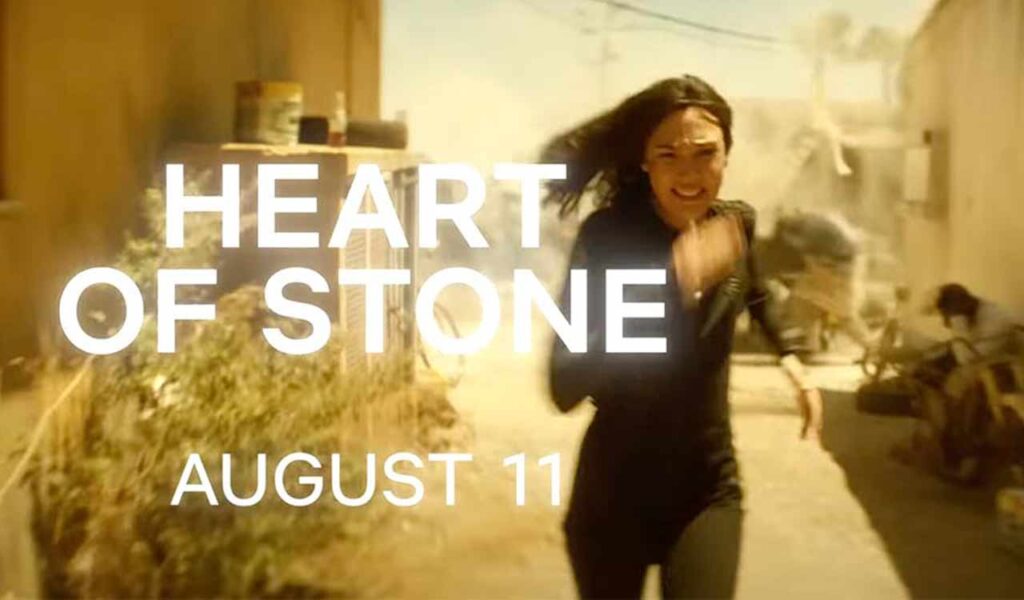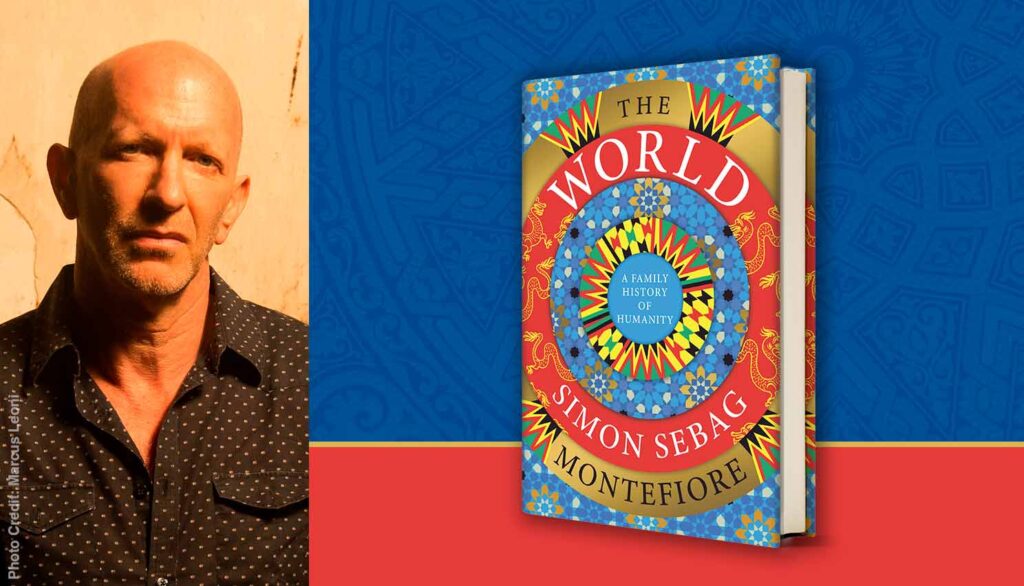Thanks to Todd Mason alerting me to the publishing of this book by the North East Science Fiction Association (NESFA) Press. I ordered Living in the Future immediately and read it as soon as it arrived.
I’m a huge fan of Robert Silverberg’s work and have read most of his fiction. However, this new volume collects much of Silverberg’s non-fiction: essays, interviews, book reviews, and book Introductions. Just check out the Table of Contents to see all the topics Silverberg covers!
I enjoyed Silverberg’s writings on his colleagues. And who knew Silverberg had thoughts about Tarzan at the Earth’s Core? If you’re a Robert Silverberg fan, Living in the Future is a must-buy! If you’re interested in Science Fiction, here are some wonderful writings by one of the genre’s best writers. Highly recommended! Are you a fan of Robert Silverberg? GRADE: A
TABLE OF CONTENTS:
Foreward — 11
ONE: BEGINNINGS
fanmag (1953) — 23
Twin Prophets of Doom (1953) — 31
Cosmic Configuration (1954) — 35
Some Book Reviews (1958-1964) — 43
SF and Escape Literature (1962) — 52
Diversity in Science Fiction (1969) — 59
TWO: WHAT IS SCIENCE FICTION?
Heidelberg Convention Gaues of Honor Speech (1970) — 65
Science Fiction 101: Two Selections (1987) — 81
Complications, with Elegance (1987) — 82
Flowing from Right to Ring (1987) — 89
“Reflections” (House Names) (1992) — 103
The Best is Yet To Be…Right? (1999) — 107
The War of the Worlds (2005) — 112
The Way it Was (2006) — 125
Rereading Stapledon I (2008) — 135
Rereading Stapledon II (2008) — 140
Rereading Van Vogt (2009) — 145
In the Bush of Ghosts (2009) — 150
Science Fiction as Prophecy (2010) — 155
Rereading Kornbluth (2010) — 163
A Relic of Antiquity (2011) — 168
The Ruin (2011) — T173
Anthologies (2012) — 177
Decline and Fall (2012) — 182
Translations (2013) — 187
Translations II (2013) — 192
The Year’s Best Science Fiction (2013) — 192
Was Jules Vern a Science-Fiction Writer? (2014) — 203
Robert A. Heinlein, Author of The Martian Chronicles (2014) — 208
One-Hit Wonders (2015) — 213
Star (Psi Cassiopeia ) (2015) — 217
Leechdoms, Wortcunning, and Starcraft (2016) — 222
The Software of Magic (2016) — 227
THREE: INTERVIEWS
The Alien Quack, May 1976, Interviewer Sara Marks — 235
Vector, Feb. 1976. Interviewer: Malcolm Edwards — 239
Vector, Aug. 1975. Interviewer. Chris Fowler — 246
SF & F, Winter 1978. Interviewer: Nancy Mangini — 259
Future Life, Aug. 1979. Interviewer: Jeffrey Elliot — 275
Dream Makers, 1980. Interviewer: Charles Platt — 282
Fantasy Newsletter, Jun-Jul 1983. Interviewer: Melissa Mia Hall — 289
Strange Horizons, Dec. 2000. Interviewer: David Horwich — 297
Locus, Mar. 2004. Interviewer: Charles N. Brown — 303
FOUR: SCIENCE AND SOCIETY
The Cleve Cartmill Affair (2003) — 319
The Cleve Cartmill Affair II (2003) — 324
The Kraken (2006) — 329
The Thumb on the Dinosaur’s Nose (2006) — 334
The Thumb on the Dinosaur’s Nose II (2006) — 339
Calling Dr. Asimov! (2010) — 344
The Search for Other Earths (2010) — 349
The Strange Case of the Patagonian Giants (2011) — 354
Looking for Atlantis (2013) — 359
Not Even Wrong (2013) — 364
The Plurality of Worlds (2014) — 369
The Plurality of Worlds: A Contrarian View (2014) — 374
Borges, Leinster, Google (2014) — 379
Reunite Gondwanaland (2015) — 384
Non-Asimovian Robots (2015) — 389
World to End Last Month (2015) — 394
Dead as a Dodo (2016) — 399
The Richard Hakluyt of Space (2016) — 404
Two Cheers for Piltdown Man (2017) — 409
FIVE: THE WORLD WE LIVE IN
The Future of Urban Living (1980) — 417
…And Then There Were Six (1995) — 423
Tarzan at the Earth’s Core (1997) — 428
Theme-Parking the Past (2003) — 433
Doomsday (2009) — 438
Nothing New Under the Sun (2011) — 443
Earth is the Strangest Planet (2011) — 448
My Voyage to Atlantis (2012) — 453
John Frum, He Come (2013) — 458
Fimbulwinter (2016) — 463
SIX: BEING A WRITER
The Radish of All Evil (2001) — 471
The Plot Genie (2011) — 475
More About the Plot Genie (2011) — 480
The Raft of the Medusa (2013) — 485
Praising or Banning (2014) — 490
The Sixth Palace (2015) — 495
Writing Under the Influence (2016) — 500
Person from Porlock (2016) — 505
“‘Darn,’ he smiled.” (2016) — 510
SEVEN: COLLEAGUES
About Robert Sheckley (1980) — 517
Six Degrees of Robert Silverberg (2000) — 519
Prodigies (2003) — 523
Jack Williamson (2010) — 528
Fred (2011) — 535
Clifford D. Simak (2013) — 539
Rog Phillips (2014) — 544
Philip Jose Farmer (2016) — 553
EIGHT: INTRODUCTIONS
The Shadow Out of Time, H. P. Lovecraft (1995) — 559
Killdeer! (Volume Three, Collected Short Stories), Theodore Sturgeon (1996) — 563
Antarctica, Kim Stanley Robinson (1997) — 569
Nightwings, Robert Silverberg (2001) — 575
Shardik, Richard Adams (2001) — 581
The Disappearance, Philip Wylie (2004) — 585
Emphyrio, Jack Vance (2007) — 591
When the Great Days Come, Gardner Dozois (2011) — 597
Clarges, Jack Vance (2016) — 603
NINE: A FEW PERSONAL ITEMS
The Dinosaur in the Living Room (1996) — 611
The Realm of Prester John (1996) — 615
The Ablative Absolute (1996) — 620
Memories of a Curious Childhood (1997) — 625
Voyage to the Far Side of the Moon I (1998) — 629
Voyage to the Far Side of the Moon II (1998) — 633
Crimes of My Youth (1998) — 638
Fragments Out of Time I (2004) — 643
Fragments Out of Time II (2004) — 648
Aladdin’s Cave (2008) — 652
It Wasn’t All That Easy (2009) — 657
Libraries (2012) — 662
My Desk (2013) — 667
Flashing Before My Eyes (2014) — 672
My Trip to the Future (2016) — 677
